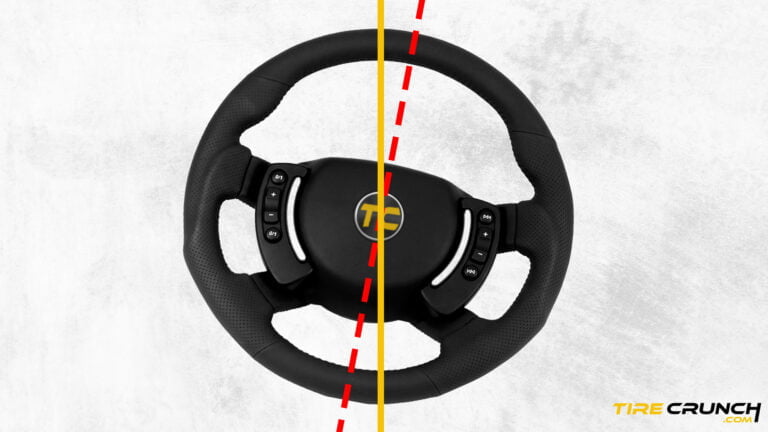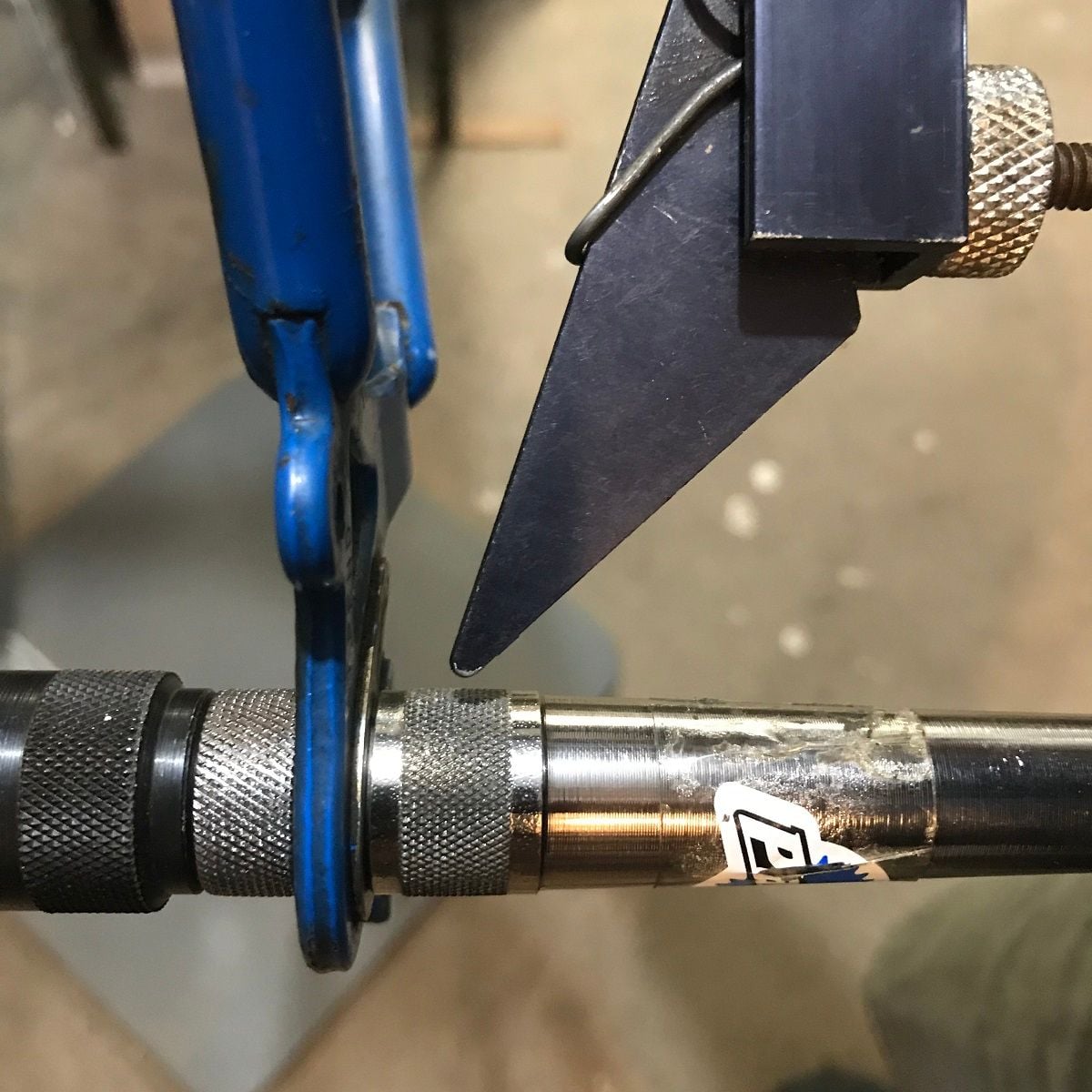When your vehicle is involved in a collision or accident, one of the most important aspects to check is the car’s frame alignment. The frame is essentially the backbone of the vehicle, providing the structural integrity necessary to keep everything in place, ensuring safety, and maintaining vehicle handling. Frame misalignment can cause significant issues, affecting the vehicle’s overall performance, safety, and value. Detecting frame misalignment early on can help prevent long-term damage and costly repairs. In this article, we will explore the key symptoms of frame misalignment and how you can spot them before they lead to major problems.
What is Frame Misalignment?
Frame misalignment refers to a condition in which the vehicle’s frame is bent or distorted. This can happen when the vehicle is involved in a collision, either a minor fender bender or a more severe crash. Even in seemingly minor accidents, the impact can cause the frame to shift, bend, or break in a way that can compromise the car’s structural integrity.
The frame plays a crucial role in maintaining the vehicle’s geometry and ensuring all components work together as they should. When the frame is misaligned, it can lead to issues such as poor handling, uneven tire wear, and difficulty driving straight. Additionally, the vehicle may experience challenges in absorbing impact during a crash, which can significantly compromise safety.
Key Symptoms of Frame Misalignment
While frame misalignment may not always be immediately apparent, there are several key symptoms that indicate your vehicle’s frame may be misaligned. If you notice any of the following signs, it’s important to get your car inspected by a professional auto collision repair center to assess the extent of the damage.

1. Uneven Tire Wear
One of the most common signs of frame misalignment is uneven tire wear. If your vehicle’s frame is bent or misaligned, the wheels may not be properly aligned with the road. This can cause the tires to wear unevenly, leading to bald spots, reduced traction, and the need for premature tire replacements. If you notice that the tread on one or more tires is wearing down faster than others, it could be an indication that the frame is misaligned.
To address this, it’s essential to get a wheel alignment performed. While a wheel alignment may solve some issues, if the frame is severely misaligned, a more thorough inspection of the vehicle’s structure is required.
2. Steering Wheel Misalignment
A misaligned frame can directly affect your steering system, causing the steering wheel to become crooked or misaligned. If you notice that your steering wheel is off-center, even when the vehicle is driving straight, it could indicate that the vehicle’s frame is out of alignment. This symptom is often subtle, but if left unchecked, it can worsen over time and make driving increasingly difficult.
When a frame is misaligned, it can lead to a condition where the front wheels are not properly aligned with the steering wheel. As a result, the steering wheel may appear tilted, which is a clear sign that something is wrong with the vehicle’s frame or alignment.

3. Difficulty Steering or Handling
If your car feels more difficult to steer or if you notice that the handling is off, it may be a sign that your vehicle’s frame is misaligned. Misalignment can lead to issues with your suspension and steering systems, causing your car to pull to one side, making it harder to drive in a straight line. In extreme cases, the steering can feel heavy or unresponsive, making driving unsafe.
Misalignment can also affect the way your vehicle reacts to turns or changes in speed. If you notice any changes in how your vehicle handles, such as pulling to one side or an overall decrease in responsiveness, it’s important to have the frame inspected for damage.
4. Body Panel Gaps and Uneven Doors
One of the more noticeable signs of frame misalignment is when the body panels of your car are not aligned properly. Misalignment can cause the gaps between the panels and doors to become uneven, resulting in misaligned body panels or doors that may not close properly. You might notice that doors are harder to open or close, or that the gaps between the panels are wider than normal.
In addition to misaligned panels, you may also notice that the hood or trunk does not close correctly, or that the vehicle’s overall fit and finish seem off. These issues are usually indicative of frame damage or misalignment.

5. The Vehicle Pulling to One Side
If your vehicle pulls to one side while driving, it can be a symptom of frame misalignment. Misalignment of the frame can cause uneven distribution of weight across the car, which can result in the car pulling to one side. This issue can be especially noticeable when driving on a flat, straight road.
When the frame is misaligned, it can also cause the suspension to work harder on one side of the vehicle, leading to an imbalance. This imbalance may cause the vehicle to pull in one direction, which not only affects comfort but also compromises safety.
6. Unusual Noises or Vibrations
Another sign of frame misalignment is the presence of unusual noises or vibrations while driving. Misalignment can cause parts of the vehicle to rub against each other, leading to creaking, squeaking, or popping noises. You may also feel vibrations in the steering wheel or through the floor of the vehicle.
These noises and vibrations can occur due to damaged or misaligned suspension components, wheels, or other structural parts that are connected to the frame. If you hear or feel anything unusual while driving, it’s important to have your vehicle inspected for potential frame misalignment.
7. Increased Fuel Consumption
In some cases, frame misalignment can cause the vehicle to be less aerodynamically efficient. This inefficiency can lead to an increase in fuel consumption, as the engine has to work harder to maintain speed or handle the misaligned vehicle. If you notice a sudden increase in fuel consumption, it could be a result of frame misalignment affecting the vehicle’s overall performance.
In addition to fuel inefficiency, you may also experience reduced performance in other areas, such as acceleration or braking.
How Frame Misalignment Affects Vehicle Safety
Frame misalignment can have serious consequences on vehicle safety. The frame of the vehicle is designed to absorb impact and protect occupants in the event of a collision. When the frame is misaligned, it may not perform its job effectively, leading to an increased risk of injury or death in the event of a crash. Additionally, frame misalignment can affect the proper deployment of airbags, the effectiveness of crumple zones, and the overall strength of the vehicle in a collision.
Frame misalignment can also impact the alignment of other crucial safety components, such as the suspension, steering, and braking systems. When these systems are not working as they should, it can make driving more hazardous, especially in emergency situations.
What to Do If You Suspect Frame Misalignment
If you suspect that your vehicle’s frame may be misaligned, it’s important to have it inspected by a professional. A certified auto collision repair technician can use specialized equipment to measure the frame and check for any signs of damage or misalignment. They can also check for issues with the suspension, steering, and other systems that may be affected by the frame’s condition.
Frame misalignment is not something that can usually be fixed with a simple wheel alignment or tire balancing. It often requires professional repair, which may involve straightening the frame, replacing damaged components, or even replacing the entire frame if the damage is severe. The sooner you address the issue, the better the chances are that the repair can be done safely and affordably.
If you’re unsure about the extent of the issue, it may help to learn more about common auto issues and how they can affect your car’s performance. Regular maintenance and inspections can help catch problems like frame misalignment before they become more severe and costly.
Conclusion
Frame misalignment is a serious issue that can compromise your vehicle’s safety, performance, and value. Early detection is key to preventing further damage and ensuring that your vehicle continues to operate smoothly and safely. By watching for the key symptoms of frame misalignment, such as uneven tire wear, crooked steering, and poor handling, you can address the problem before it leads to more severe consequences. If you suspect that your vehicle may have a misaligned frame, it’s crucial to get it inspected and repaired by a qualified professional to maintain the integrity of your car and ensure the safety of everyone on the road.

